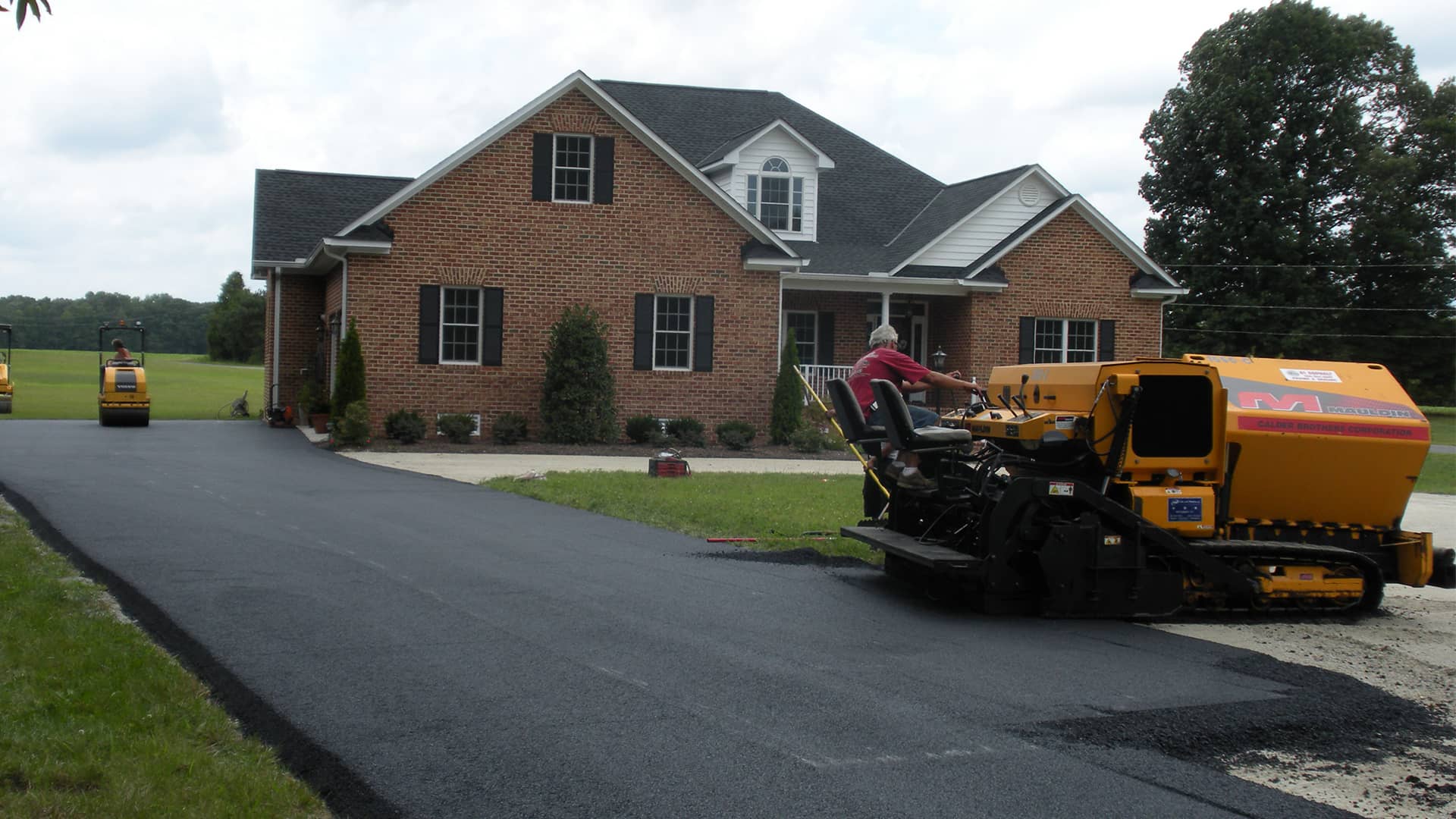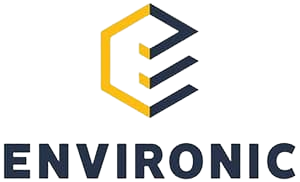Frequently Asked Question

FAQ
Every worker at Environic Solutions Inc. is trained to recognize wet weather hazards and prepare excavation sites to minimize problems. Rain is a major concern, and in many cases, we cover the area with tarps secured by weights or stakes to prevent serious damage.
For smaller excavation jobs, preventing cave-ins is straightforward. For trenches deeper than five feet, we use trench boxes, shoring, sloping, or benching to prevent cave-ins. We assess all underground utilities and soil conditions before digging to ensure safety.
If a water or gas line is hit, we clear the area and keep our distance, being mindful of the leaking substances. We immediately contact the utility company to handle the situation professionally.
Old foundations may have cracks and crumbling, requiring caution during excavation. High water tables can complicate new foundation installations, but with the right equipment, we can manage to fill and dry your foundation effectively.
It’s advisable to inform close neighbors about major construction work. They could face utility issues, and if excavation near their foundation is necessary, they might experience similar problems as your property.
At Environic Solutions Inc., we prioritize safety for our team, clients, and the property. We prevent falls by avoiding mobile equipment and ensure trench safety. We test soil and map out utility lines before digging. For longer projects, daily inspections are conducted.
The main vehicle used for excavating is the excavator, featuring a long bucket arm for material
handling, digging, and demolition. We also use backhoes, bulldozers, graders, trenchers, dump trucks, and various general construction equipment. From sledgehammers to jackhammers, we have the right tools for every job.
